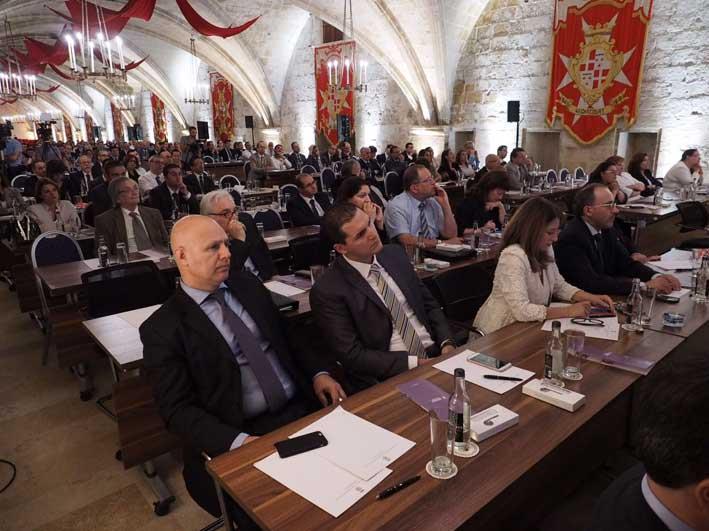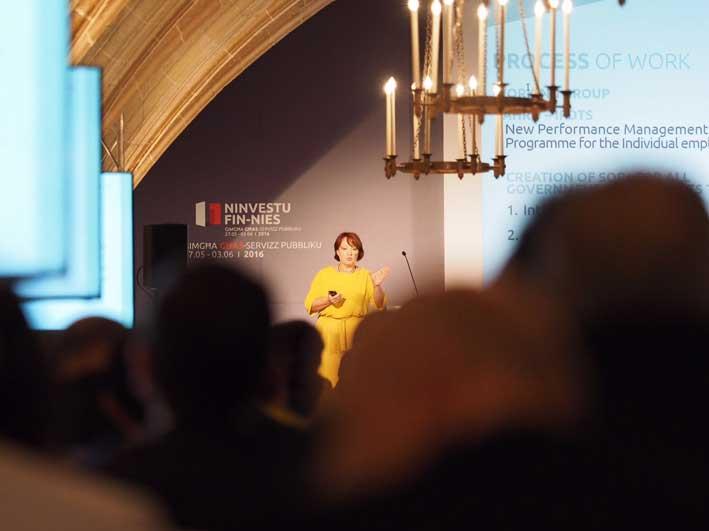More than 900 out of some 1,300 application forms offered on the e-government services are in PDF format, Mario Cutajar, the Head of the Civil Service complained today.
Addressing a conference as part of the Public Service Week, Mr Cutajar said Malta’s e-government services were good but needed a major overhaul nonetheless. Application forms in PDF form would have to be printed out and sent by post or delivered by hand to the relevant departments.
“We need to change these into electronic form, making them more accessible.”
This morning’s conference was addressed by officials from the Estonian and Singaporean public services. Mr Cutajar said Malta already had excellent relations with Singapore and would start taking up recommendations from Estonia, renowned for its excellent e-government services, as from next week.
“We decided to give meaning to the work quality, which is very subjective,” Mr Cutajar said.

The public service, he said, is built on four pillars, the first being the voice of the clients. “We need to acknowledge our clients and also acknowledge the urgency for change and improvement. This week is the first step – we will be opening ourselves up, feeling the pulse of all those who make use of the public service and act on those aspirations.”
Change, he said, had to be holistic, and Permanent Secretaries, Director Generals and Directors were pushing all relevant departments towards reaching the same goal.
The meetings this week include one between the judiciary and other stakeholders in the justice sector, including parole officers and the police. These would discuss how things were being implemented and if victims of crime were being given the importance they deserved.

Another meeting will bring MITA employees together with MCAST IT students, encouraging the latter to come up with innovative apps and programmes to better offer public services.
The second pillar is the design of the actual policies with which the public service will reach its goals. “The public service has to be the motor that leads people to reaching their aspirations. This is why we have to believe in ourselves, in the services we offer and the urgency to improve.”
The third pillar is the actual services offered. “Do not believe that the private sector is necessarily better than us. After all, a service is made up of people and depends on the investment made.”
The fourth pillar is accountability and governance. Accountability, Mr Cutajar said, was not just about public funds and how these were spent but also about the service and the auditing of it. It was also about forward planning, something which was lacking for many years.

Measures taken thus far include the simplification and reduction of bureaucracy. “Bureaucracy is important, because it signifies permanence. But it can also signify the unwanted fat that builds up around our processes which, in the end translates into sadness for our clients.”
The head of the civil service also referred to the latest National Audit Office report. “Although we do not agree with all the recommendations made we cannot deny that NAO report after another kept mentioning the same shortcomings year after year. This meant that nothing was being done to address these shortcomings. Not anymore. We are now acting on those recommendations and, where we do not agree with the NAO, we are explaining why that is. If some rules are outdated and no longer make sense we should change them for the better, and that is what we are doing.”
Pictures: Michael Camilleri